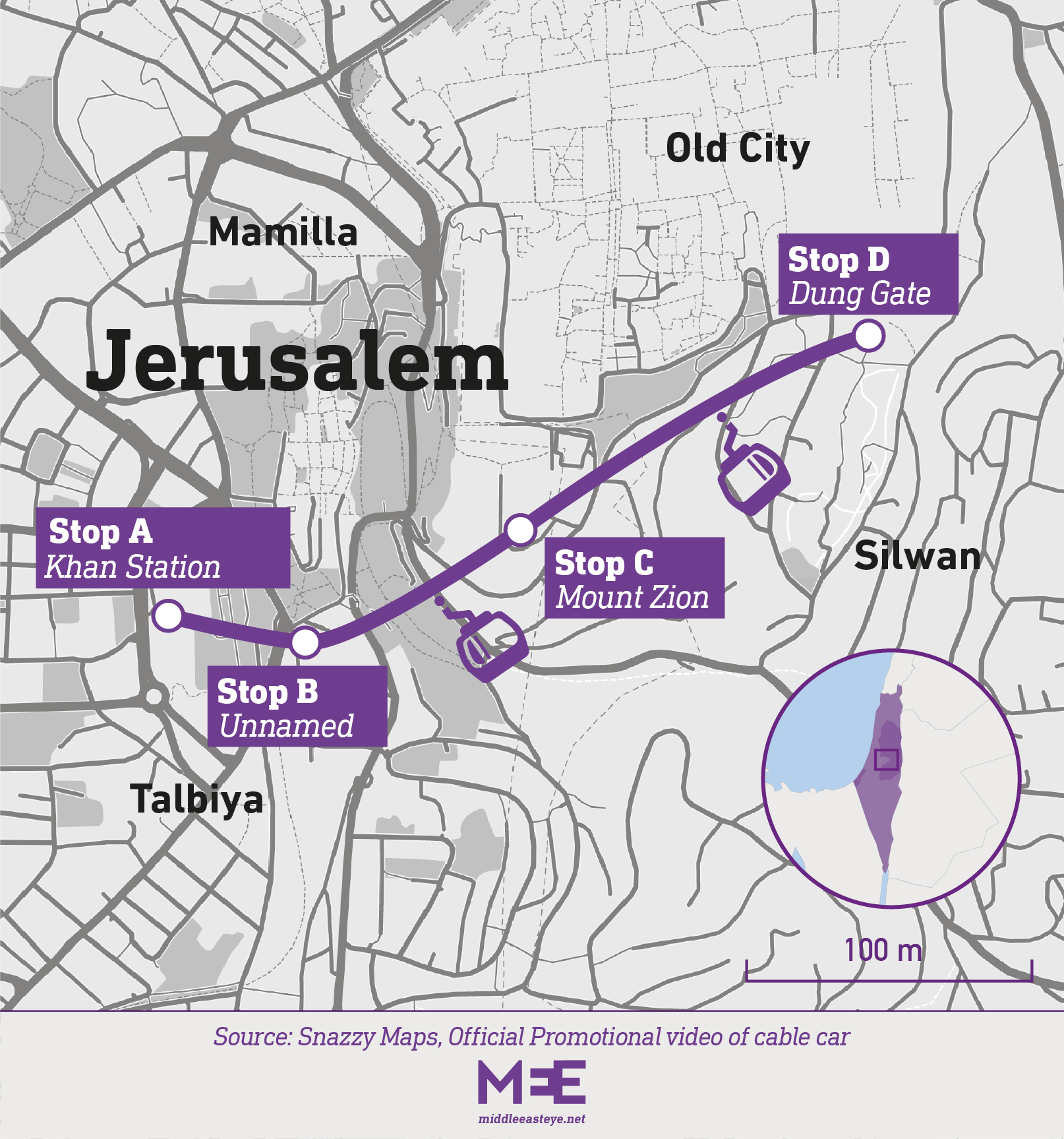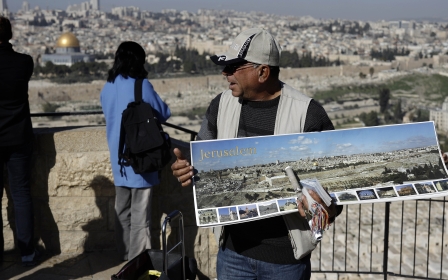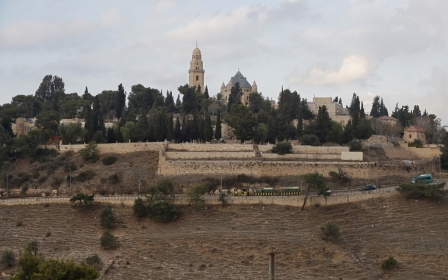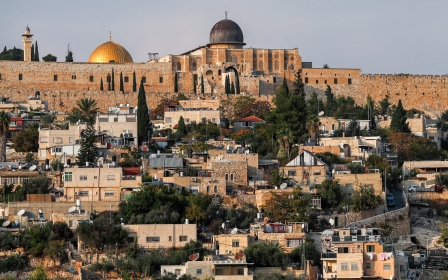Israeli court rejects petitions against 'megalomaniacal' Jerusalem cable car plan
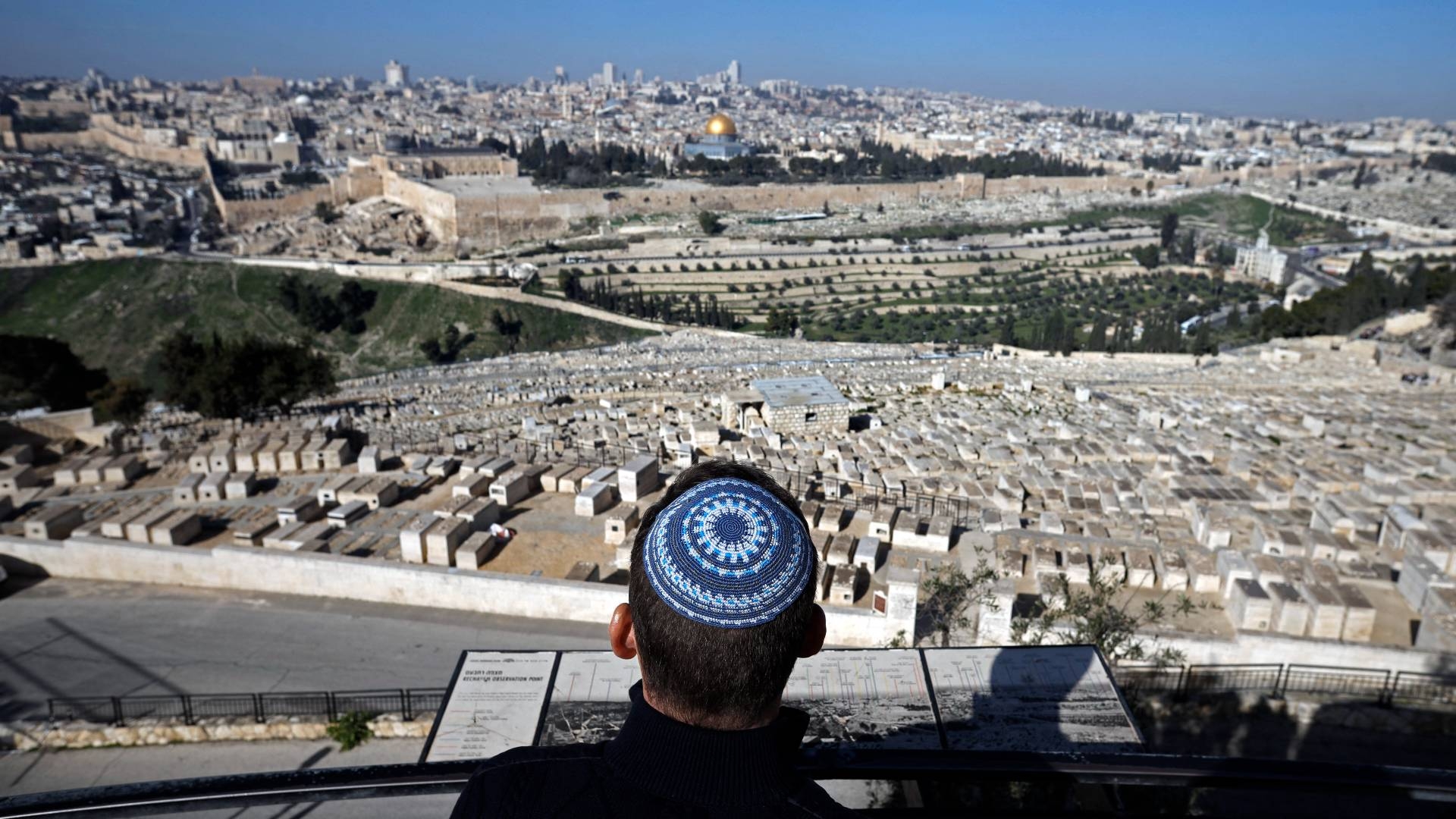
Israel's Supreme Court has rejected several petitions against a controversial cable car project set to alter the historical skyline of the Old City in occupied East Jerusalem.
On Sunday, the court dismissed four petitions filed by Palestinian residents of the Silwan neighbourhood, store owners in the Old City, the Jewish Karaite community, the Israeli archaeological group Emek Shaveh, and Adam Teva V'Din, an environmental group.
Among the opponents of the cable car plan, first approved in March 2019, is Sami Arshid, a lawyer representing the Palestinian residents of Silwan and store owners in the Old City, who said the project "does serious damage to the historical, cultural, religious and social fabric of Jerusalem".
"The public struggle has just begun," Emek Shaveh said after Sunday's ruling, warning that the project would alter the ancient and historical skyline of the Old City of Jerusalem. "We are doing everything we can to prevent construction of this terrible project."
New MEE newsletter: Jerusalem Dispatch
Sign up to get the latest insights and analysis on Israel-Palestine, alongside Turkey Unpacked and other MEE newsletters
In 2019, the Israeli government earmarked 200 million shekels ($54.4m) for the project, which will connect the city's west and east sides.
Silwan neighbourhood
The cable car is set to pass above a cemetery of the Jewish Karaite community, whose leaders have warned the project will desecrate the burial site and put it out of use.
It then reaches the City of David park in Silwan, a Palestinian neighbourhood whose residents have long faced eviction orders.
"This is a controversial, megalomaniacal project that promotes a political agenda," said lawyer Arshid. "We regret that the court rejected the petitions and did not intervene to prevent this disaster to Jerusalem, which is the outcome of a faulty and heavy-handed process," he said on Sunday.
On Sunday, Supreme Court judge Yosef Elron wrote that the project had no issues, saying the governmental bodies that approved it - the National Infrastructure Committee, Jerusalem Development Authority and tourism ministry - had based their decisions on all the information available.
Moshe Leon, the Israeli mayor of Jerusalem, welcomed the court's decision, saying that the cable car is a solution to Jerusalem's heavy traffic.
"Just as the light rail serves everyone, this will be the case with the cable car, which will bring a new transportation message to all of Jerusalem, and to the visitors who will enjoy it," he said.
Elad settler group
Running from the Old City's western Dung Gate to West Jerusalem, the Israeli government said that the cable car would help transport 3,000 passengers an hour at peak times, despite data showing otherwise.
The project will include 15 concrete pillars that will be 26 metres high. The cable car will have 73 carriages, each able to carry dozens of passengers.
It will be 1.4km long from start to finish, and carriages will run - automatically - every 15-20 minutes. The journey is projected to last roughly four and a half minutes.
Two station stops have been proposed, in West Jerusalem and Mount Zion. A third is planned in Silwan, which is adjacent to the southern wall of the Old City and close to the Al-Aqsa Mosque compound and Western Wall.
In Silwan, 500 settlers live among 25,000 Palestinians under heavy police and private security protection.
Elad, an Israeli settler group managing City of David park in Silwan, has pushed for the expansion of settlements in East Jerusalem and the prioritisation of Jewish tourism and heritage in what Palestinians have denounced as Judaisation efforts to erase the Palestinian presence in the city.
East Jerusalem was captured by Israel during the 1967 war and has been occupied ever since.
Middle East Eye delivers independent and unrivalled coverage and analysis of the Middle East, North Africa and beyond. To learn more about republishing this content and the associated fees, please fill out this form. More about MEE can be found here.


